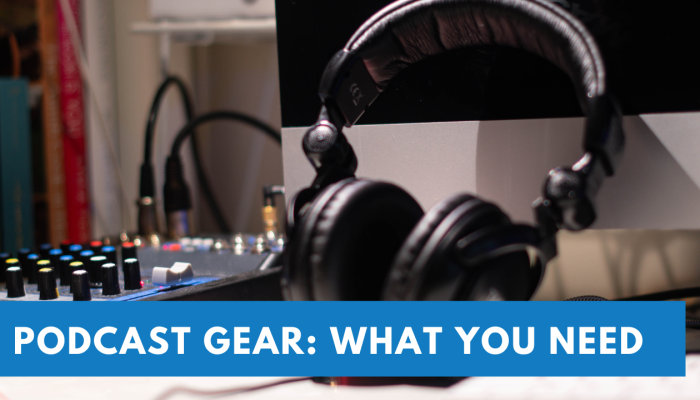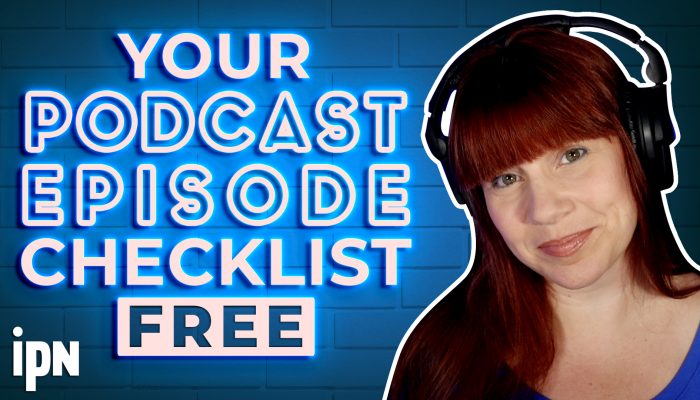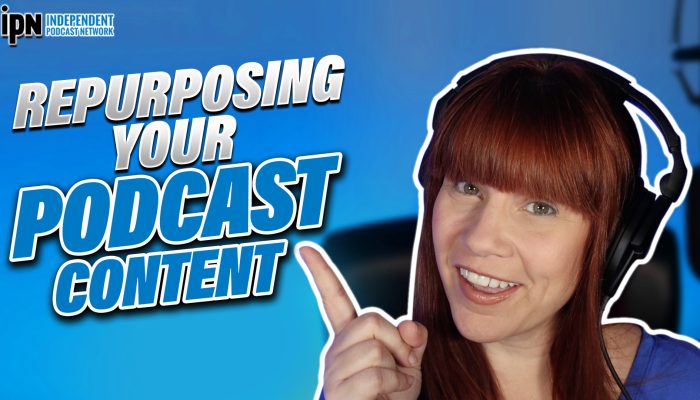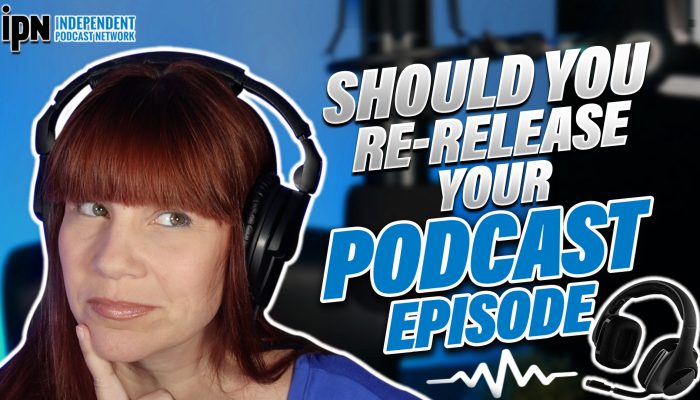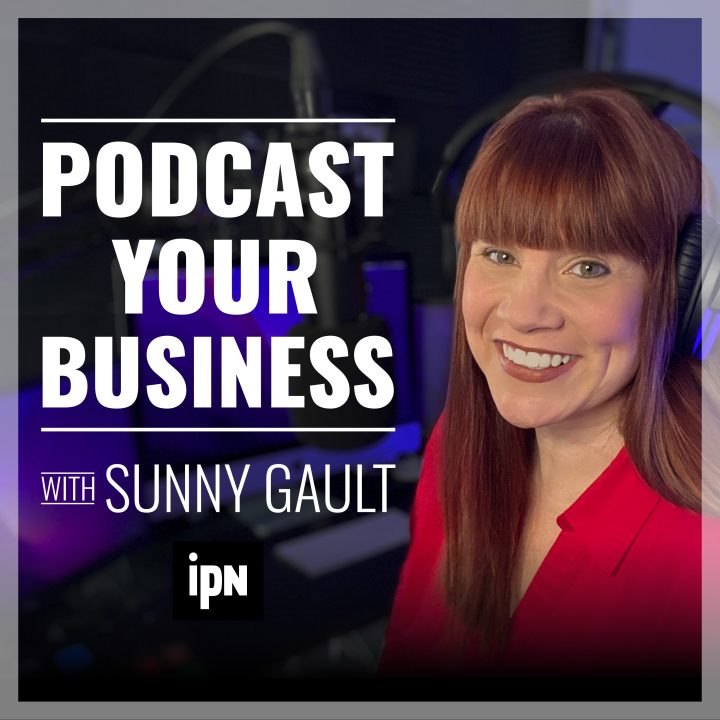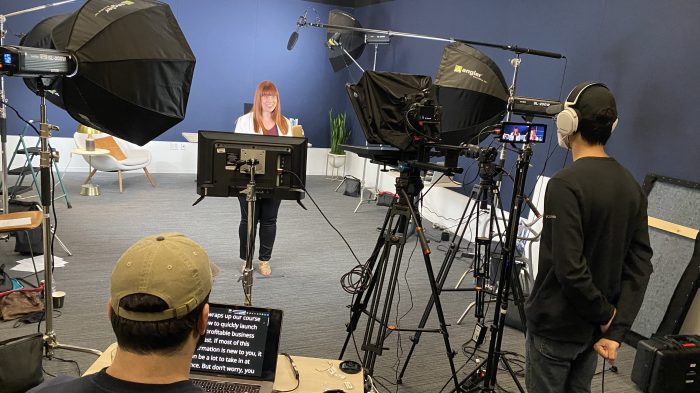Scripts provide significant value in recording and production, as they give the performer a detailed progression for how to convey a thought or idea. While your favorite podcast might seem unscripted, even the largest podcasts use a script or outline for at least portions of their shows. A script can leave room for improvisation to make the show feel more conversational. But, it should at least present itself as an overview or outline, as scripts have become crucial in ensuring that you are progressing as planned.
Outlines and scripts are useful for your guests and listeners so they have a blueprint or an idea of what will be covered in an episode and when it will be covered. When editing an episode, it is also advantageous for the editor if they are aware of your intended layout of the show. The editor can use your planned layout to help build suspense, focus on humor, and emphasize your key points.
Only a select few people can successfully improvise an entire podcast episode smoothly without interruptions or unnecessary tangents. Thankfully, you can use a script while sounding organic and conversational by loosely using the script as a basis for talking points instead of reading the script verbatim. This allows you to interject your personality while maintaining a cohesive flow to your podcast.
How to Effectively Use an Outline or Script for Your Podcast
Whether it’s a script or an outline, having a written-down flow for your podcast can help you produce exactly what you envision. With the help of a script, you can even segment your recording sessions across multiple days for a single episode allowing you to perfect each take. It is essential to remember that the delivery of a great script is equally important to the writing of a script when it comes to creating a high-quality podcast.
How to Write a Podcast Script or Outline
For a successful script or outline, start with some basic record keeping. Place the recording date at the top of the times for both the Eastern and Pacific time zones. Just make it absolutely crystal clear when things are going to get started. In addition to that, the link to the studio needs to get included. Include the title of the episode and the number. Give the person uploading the episode permission to enter their name and the title they hold in the field provided if the episode needs to have a very specific title.
Once you finish up with your record keeping, you can start writing out the actual script. Most script writing follows a basic process as outlined here:
- You should begin with an introduction in the early part. One of the first things that most listeners take in is this information. Following that is a summary of the events that transpired throughout the show. After that, start playing the theme song. Afterward, you should make some announcements. The script lays out all this information, making it simple to comprehend.
- Then, it is time to brief the guests on the upcoming events of the show. Put a few bullet points in there, and indicate how many seconds you think each event will last. One piece of advice is to include some commercial breaks. These little breaks can come in handy.
- You can break up the interview session into sections for your convenience. Your conversations must come across as being as natural as they possibly can. There is a method for accomplishing this with a show that only gets partially scripted. It is the ideal spot to jot down your inquiries to get the interview started on the right foot. In addition, inserting commercial breaks at strategic points throughout the event is very beneficial at this time. Find a clever way to hint at what is going to happen next.
- If you have others putting your material up on a site or maybe writing your descriptions, you should wrap things up with that and put some notes if you have any. Include any links or resources you want to draw your listeners’ attention to on your website. Provide them with the episode’s name and the important keywords you want them to use.

Quick Tips for Writing a Podcast Script or Outline
When writing a script, it is essential to keep the KISS rule in mind and implement it whenever possible. It means to Keep It Short and Simple. The individuals listening to what you have to say cannot replay the last portion of the conversation. Make sure to use words that are as easy to understand as possible for your audience, who are attempting to follow what you are saying. Take a sentence and simplify it as much as you can.
Present the information in a way consistent with how you would normally speak to someone. Act as though you are conversing with a close friend. Additionally, pay attention to the words that you are saying. It is essential to keep things as straightforward as possible so your audience can grasp what you are trying to convey.
Best Practices for Using a Podcast Script or Outline
The speaker’s delivery is the other half of using a script or outline. To get the most out of your podcast script or outline, follow these four best practices:
Give the impression that you are speaking to just one person. You will be in a good position in podcasting because it is highly likely that individuals are listening to their favorite shows independently of one another.
You should practice the words and not simply read in your head. When you speak something aloud, the words come out differently than when you say them to yourself in your head. Spend some time doing so and read it aloud.
Before you begin recording, prepare yourself mentally. Think about what you will do next, and prepare your mind to approach it most effectively.
Maintaining a good body posture is important because people tend to give others a reflection of how they feel about themselves by the way they act.
Conclusion
If script writing or outlining for the show is something you have never done before, this will feel very foreign to you. You can expect any new experience to be uncomfortable; however, if you begin today, you will be able to thank yourself for making an effort. Therefore, to keep yourself improving, it is necessary to practice, listen to yourself, and seek feedback.


